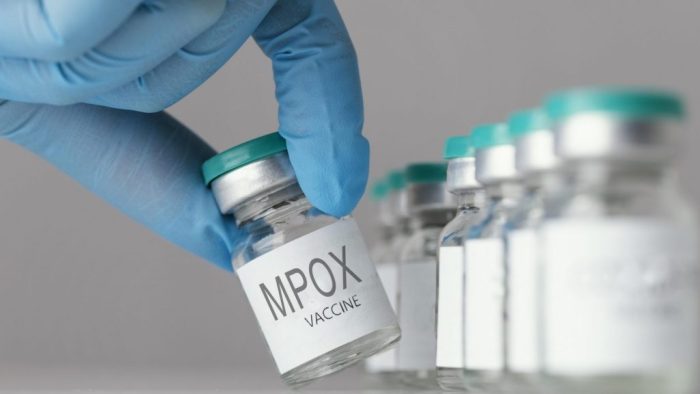As Mpox cases surge across Africa, a coordinated global effort is underway to curb the spread of the disease.

The Access and Allocation Mechanism (AAM) for Mpox has allocated 899,000 vaccine doses to nine African countries, including Nigeria.
These nations have been severely impacted by the ongoing surge of Mpox cases.
Aim of the Allocation
The allocation of Mpox Vaccine was announced in a joint statement issued by the Africa Centres for Disease Control and Prevention (Africa CDC) on Thursday.
The statement emphasised that the vaccine doses will be distributed in collaboration with affected countries and donors.
The aim is to ensure these limited doses are used effectively and fairly to control the outbreak.
The AAM’s decision followed the recommendations of an independent Technical Review Committee, which is part of the Continental Incident Management Support Team for Mpox.
This committee’s guidance was based on data regarding country readiness and epidemiological trends.
African Countries Receiving Mpox Vaccine
The nine countries receiving the vaccines are:
- Central African Republic
- Côte d’Ivoire
- Democratic Republic of the Congo
- Kenya
- Liberia
- Nigeria
- Rwanda
- South Africa
- Uganda
Of these, the Democratic Republic of the Congo (DRC) will receive the largest share—85% of the total allocation.
This is due to the DRC’s severe outbreak, which has accounted for four out of every five laboratory-confirmed Mpox cases in Africa this year.
Sources of Mpox Vaccine Supply
The vaccine doses come from several international sources, including:
- Canada
- Gavi, the Vaccine Alliance
- The European Union (Austria, Belgium, Croatia, Cyprus, France, Germany, Luxembourg, Malta, Netherlands, Poland, Portugal, and Spain)
- The European Union Health Emergency Response Authority
- The United States
People Also Read: How 22 Miners Died In Mining Pit Collapse In Adamawa, Taraba
Ongoing Mpox Outbreak in Africa
The Mpox outbreak, especially the spread of the clade Ib strain in the DRC and neighbouring countries, was declared a public health emergency of international concern by the World Health Organisation (WHO) in mid-August.
Additionally, the Africa CDC declared it a public health emergency of continental security.
This year, 19 African countries have reported Mpox cases, with many of them newly affected.
The epicentre of the outbreak remains in the Democratic Republic of the Congo, which has reported over 38,000 suspected cases and more than 1,000 deaths so far this year.
Vaccination is seen as a critical component of the strategy to control Mpox.
However, the response also includes timely testing and diagnosis, effective clinical care, infection prevention, and community engagement.
Vaccination, in particular, is recommended to reduce transmission and help contain the outbreak.
In recent weeks, limited vaccination efforts have begun in the DRC and Rwanda.
The current allocation of vaccines to the nine countries marks a significant step towards a more coordinated and targeted approach to ending the Mpox outbreaks in Africa.
Future Plans and Challenges
For many of the recipient countries, the rollout of Mpox vaccines will be a new challenge.
Implementing targeted vaccination campaigns will require additional resources.
The AAM partners, established last month, are working to scale up the response.
Further allocations of vaccines are expected before the end of the year.

